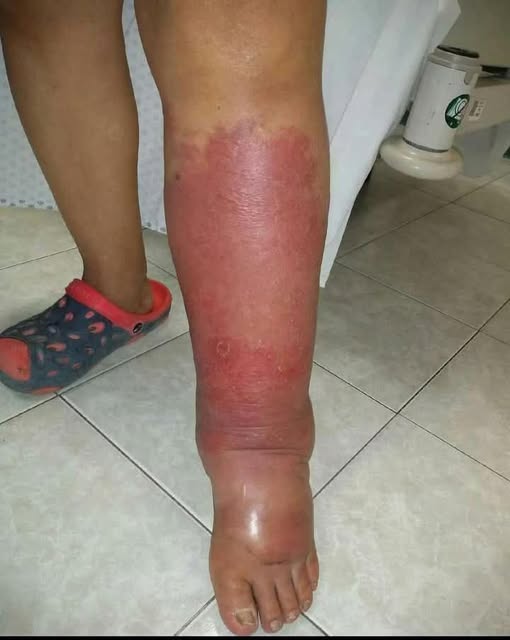The Silent Threat: Understanding and Detecting Mouth Cancer
Mouth cancer, a disease often shrouded in silence, affects the delicate tissues within our mouths – the lips, tongue, gums, inner cheeks, and the floor of the mouth. While its insidious nature often means initial painless development, a late diagnosis can carry life-altering consequences. This underscores the critical importance of early detection, a key factor that significantly enhances the chances of successful treatment and recovery.
Recognizing the Warning Signs: Is Something Wrong?
Unlike some cancers that present obvious symptoms from the outset, mouth cancer can be deceptively subtle. It’s crucial to be vigilant and aware of potential warning signs, prompting prompt medical attention if necessary. Ignoring these symptoms can be detrimental.
Persistent Oral Lesions: A Cause for Concern
One of the most significant indicators is the presence of sores or ulcers that stubbornly refuse to heal within a two-week period. This persistent irritation shouldn’t be dismissed as a minor inconvenience. These lesions might appear as seemingly innocuous blisters, but their persistence warrants professional examination.
Altered Oral Pigmentation: Red Flags and White Patches
Beyond persistent sores, changes in the natural colour of your mouth’s lining should raise immediate concern. The appearance of red patches (erythroplakia) or white patches (leukoplakia) – areas of abnormal tissue – are crucial warning signs. These patches often indicate underlying cellular changes that require immediate medical assessment.

Unexplained Oral Lumps and Thickening: Seeking Medical Expertise
The development of lumps or a noticeable thickening of tissues within the mouth should also prompt a visit to the dentist or a medical professional. These physical alterations in the mouth’s texture could signify the presence of cancerous cells. Early detection of these subtle changes is paramount.
The Importance of Early Intervention
The prognosis for mouth cancer dramatically improves with early detection and prompt treatment. Regular dental checkups, incorporating thorough oral examinations, are crucial in the early identification of potential issues. Don’t hesitate to seek professional advice for any concerns, no matter how insignificant they may seem. Your proactive approach could save your life.
Taking Control: Prevention and Self-Examination
While early detection is paramount, proactive measures can significantly reduce the risk of developing mouth cancer. Limiting alcohol consumption, quitting smoking, and maintaining a balanced diet rich in fruits and vegetables are vital steps. Regular self-examinations of your mouth, checking for any irregularities, can also play a significant role in early detection. Knowing your mouth and recognizing changes are key aspects of maintaining optimal oral health.
https://lifepress.info/




